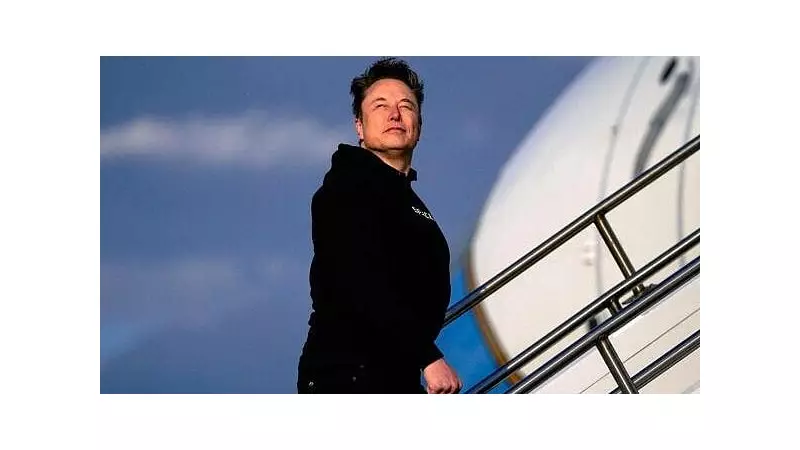
Elon Musk's staggering $56 billion compensation package from Tesla is facing intense scrutiny as shareholders prepare for a crucial vote that could have devastating financial consequences for the electric vehicle giant.
The Battle Over Musk's Record-Breaking Pay Package
Tesla shareholders are currently voting on whether to reinstate CEO Elon Musk's monumental $56 billion pay package that was previously invalidated by a Delaware court. The voting process began in mid-April and will continue through the company's annual meeting scheduled for June 13, 2024.
The original compensation plan was approved by shareholders back in 2018 and was designed to reward Musk for achieving ambitious market capitalization and operational milestones. However, Delaware Chancellor Kathaleen McCormick struck down the package in January 2024, calling it an "unfathomable sum" that was unfair to shareholders.
How Musk's Pay Could Devour Tesla Profits
The most alarming aspect of this compensation package is its potential to erase years of Tesla's hard-earned profits. According to regulatory filings, the accounting charge for Musk's pay package amounted to $2.3 billion in the first quarter of 2024 alone.
To put this in perspective, Tesla reported total profits of $4.4 billion throughout the entire year of 2023. The company's cumulative profits from 2018 through 2023 reached approximately $15 billion. This means Musk's compensation package could potentially wipe out the equivalent of several years of company earnings.
The situation becomes even more concerning when examining Tesla's recent financial performance. The company experienced its first year-over-year revenue decline since 2020 during the first quarter of 2024, while its stock has fallen about 28% so far this year.
Broader Implications for Corporate Governance
This compensation battle raises significant questions about corporate governance and executive pay structures. Major proxy advisory firms are divided on the issue, with Institutional Shareholder Services recommending against the package while Glass Lewis has urged shareholders to reject it.
Tesla's board, led by chair Robyn Denholm, has been aggressively campaigning for shareholder approval. Denholm argued that Musk has delivered on his ambitious targets and that the package is essential to maintain his focus on Tesla amid his numerous other ventures, including SpaceX and xAI.
The controversy extends beyond just the compensation amount. Legal experts note that if shareholders approve the package, it could still face additional legal challenges in Delaware courts, creating ongoing uncertainty for Tesla investors.
Meanwhile, Tesla is confronting increased competition in the electric vehicle market and undergoing significant workforce reductions, having announced plans to cut more than 10% of its global employees in April 2024.
The outcome of the June 13th vote will not only determine Musk's compensation but could also set important precedents for executive pay packages across corporate America, particularly for companies with dominant founder-CEOs like Musk.






